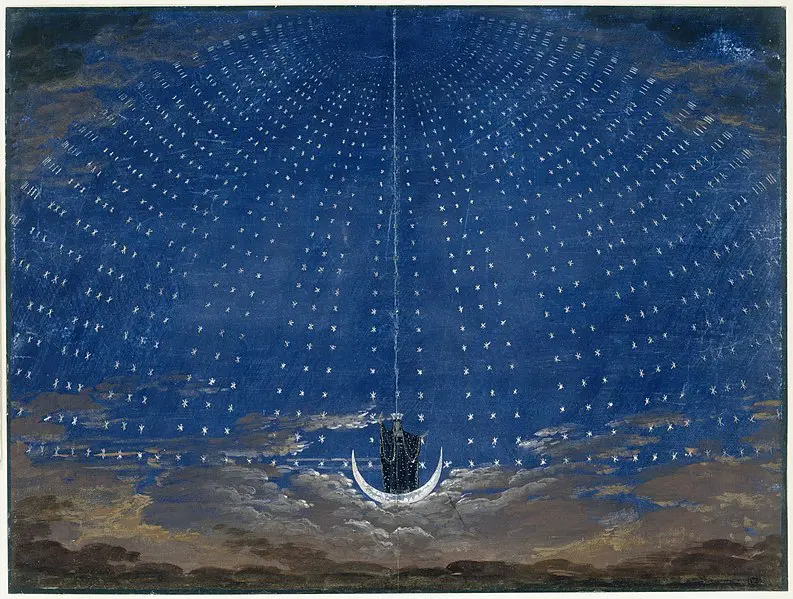Solarpunk is about the sun and Lunarpunk is about the moon – which translates as:
Part of the reason I was troubled by solarpunk was because there seemed to be a loss of the individual. Sure, individuals are the ones behind great ideas for sustainable technology, and a more accepting society allows people to be who they want to be. But the individual is always talked about in connection to society, and that, even in a punk sense, isn’t what individual means. After learning about lunarpunk, I realized that the two genres must coexist together, lest they both evaporate. Lunarpunk accounts for the individual outside of the societal sphere…
What is Lunarpunk? Can It Solve Solarpunk’s Problems?
With a little more here:
Lunarpunk and Solarpunk: Environment-Focused Aesthetics Explained – Utopia
What Are Solarpunk and Lunarpunk Anyway? | Nasdaq
Within this context, here’s a critique of Solar Punk from the European Conservative:
Recently, I wrote about solarpunk, a futurist fiction sub-genre and ‘Internet aesthetic’ whose actual output generally disappoints, failing to synthesize its purported artistic sources of inspiration (studio Ghibli, Art Nouveau, etc.) and falling short of its stated political aim of providing implementable projects for reducing greenhouse gasses and replacing existing economic systems.
One definition of the genre justifies the use of the word ‘solar’ because it is a “prime source and symbol of life … alternative to fossil fuels” and in terms of “the utopic [sic] will … the light of the day.” “Utopic” is not necessarily meant to denote a belief in absolute social perfectibility, however: In the most-cited solarpunk manifesto, we read that “Solarpunk can be utopian, [or] just optimistic, or concerned with the struggles en route to a better world , but never dystopian.” …

Solarpunk’s lack of balance corresponds to its manifesto’s failure to emphasize sources of energy partly determined by the moon, such as wind and water, and lacks reference to such tangible affronts to nature as plastic waste. Other than this, we have already noted its lack of engagement with past history, and a somewhat untethered, naive approach to progress.
The genre should be careful that, in reacting against the chaotic every man for himself corporate-dominated city of cyberpunk, it does not contribute to visions of a well-ordered one for all neo-feudal countryside.
